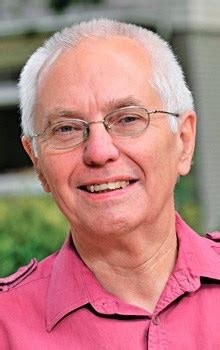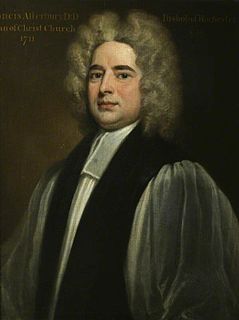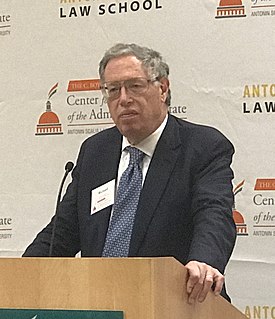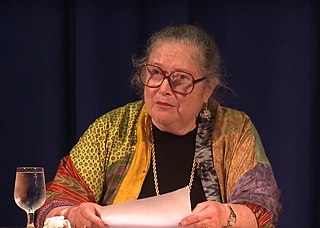A Quote by F. F. Bruce
The evidence for our New Testament writings is ever so much greater than the evidence for many writings of classical authors, the authenticity of which no one dreams of questioning. And if the New Testament were a collection of secular writings, their authenticity would generally be regarded as beyond all doubt.
Related Quotes
The Bible is a collection of writings by lots of different people written over maybe a thousand years, from a number of centuries before Jesus to a century after Jesus. I often like to refer to it as "the Scriptures" to make that point about it being lots of writings that were originally separate. What these writings have in common is that "the Old Testament" is writings that grabbed the Jewish people; writings that convinced them that they were God's word to them. And "the New Testament" is writings that grabbed people who believed in Jesus in the same way.
If we compare the present state of the New Testament text with that of any other ancient writing, we must... declare it to be marvelously correct. Such has been the care with which the New Testament has been copied - a care which has doubtless grown out of true reverence for its holy words.... The New Testament is unrivaled among ancient writings in the purity of its test as actually transmitted and kept in use.
The interval, then, between the dates of original composition and the earliest extant evidence becomes so small as to be in fact, negligible, and the last foundation for any doubt that the Scriptures have come down to us substantially as they were written has now been removed. Both the authenticity and the general integrity of the books of the New Testament may be regarded as finally established.
The New Testament writers I think conceive of their inspired Scripture writings as flushing out, bringing to articulation, expounding and so on the climactic revelation in the son, but this in self-conscious fulfillment of the promises and covenants that were already made to God's chosen people in Old Testament times.
There are dozens of writings outside of the Bible that verify the historical accuracy of many of the names of people, places, and events mentioned in the Bible. In fact, external sources verify that at least eighty persons mentioned in the Bible were actual historical figures. Fifty people from the Old Testament, and thirty people from the New Testament.
That the system of morals propounded in the New Testament contained no maxim which had not been previously enunciated, and that some of the most beautiful passages in the apostolic writings are quotations from Pagan authors, is well known to every scholar... To assert that Christianity communicated to man moral truths previously unknown, argues on the part of the asserted either gross ignorance or wilful fraud.
In order to teach a course in the history of Western religious thought, I had to do a great deal of research in the writings within the Judaic and Christian traditions and I was astonished to find in those writings philosophical thought of great power and sophistication. These writings completely blew away all my opinions about what I had taken to be the irrationality or immaturity of religious ideas, opinions which were and still are fashionable in many intellectual and literary circles today.
It would be worthy of the age to print together the collected Scriptures or Sacred Writings of the several nations, the Chinese, the Hindoos, the Persians, the Hebrews, and others, as the Scripture of mankind. The New Testament is still, perhaps, too much on the lips and in the hearts of men to be called a Scripture in this sense. Such a juxtaposition and comparison might help to liberalize the faith of men.... This would be the Bible, or Book of Books, which let the missionaries carry to the uttermost parts of the earth.
For many people during many centuries, mankind's history before the coming of Christianity was the history of the Jews and what they recounted of the history of others. Both were written down in the books called the Old Testament, [the Torah] the sacred writings of the Jewish people ... They were the first to arrive at an abstract notion of God and to forbid his representation by images. No other people has produced a greater historical impact from such comparatively insignificant origins and resources.
Modesty teaches us to speak of the ancients with respect, especially when we are not very familiar with their works. Newton, who knew them practically by heart, had the greatest respect for them, and considered them to be men of genius and superior intelligence who had carried their discoveries in every field much further than we today suspect, judging from what remains of their writings. More ancient writings have been lost than have been preserved, and perhaps our new discoveries are of less value than those that we have lost.
Would you say that any one sacred book is superior to all others in the world? ... I say the New Testament, after that, I should place the Koran, which in its moral teachings, is hardly more than a later edition of the New Testament. Then would follow according to my opinion the Old Testament, the Southern Buddhist Tripitaka, the Tao-te-king of Laotze, the Kings of Confucius, the Veda and the Avesta.



































